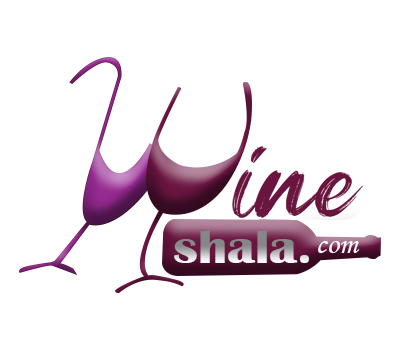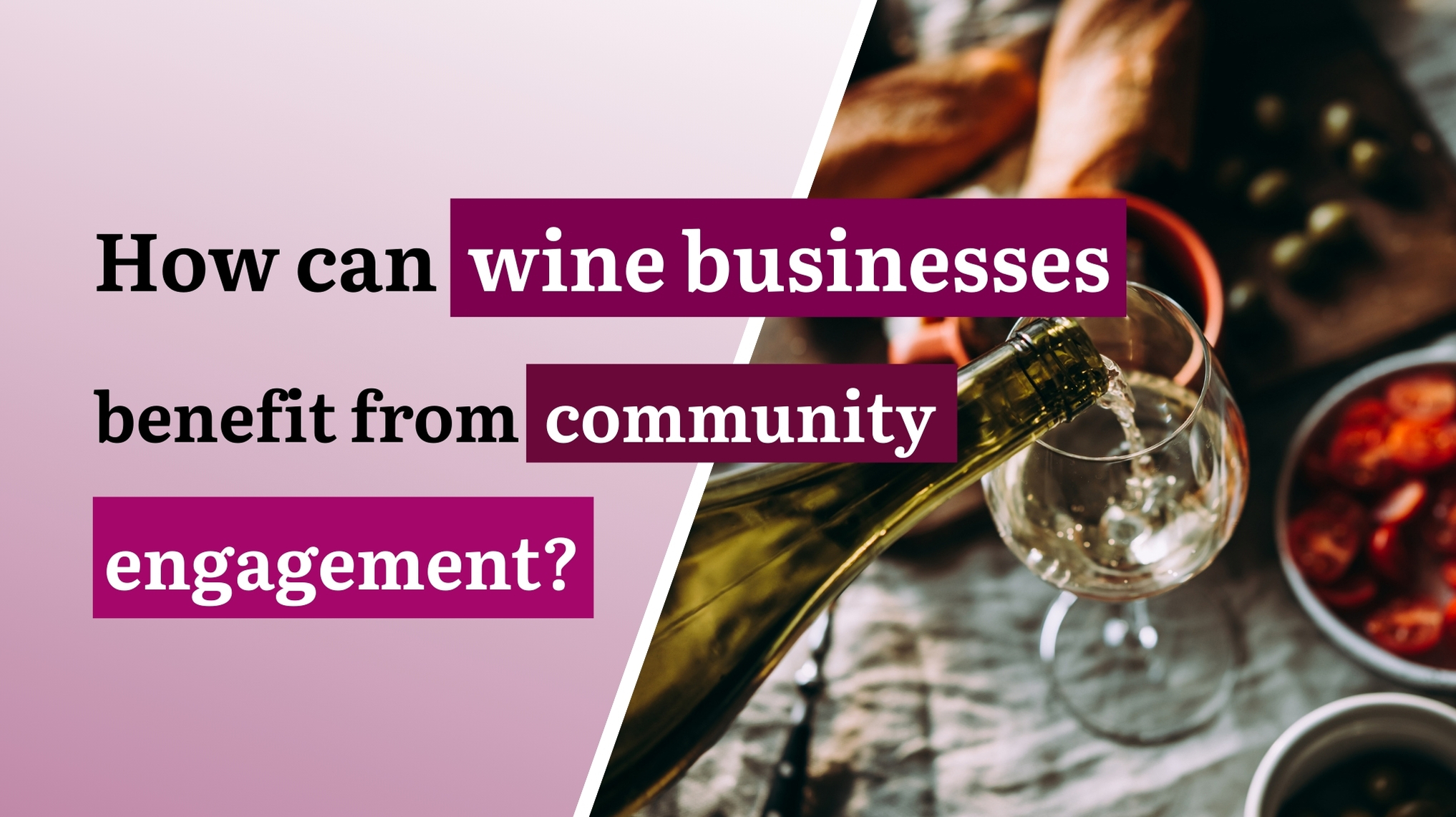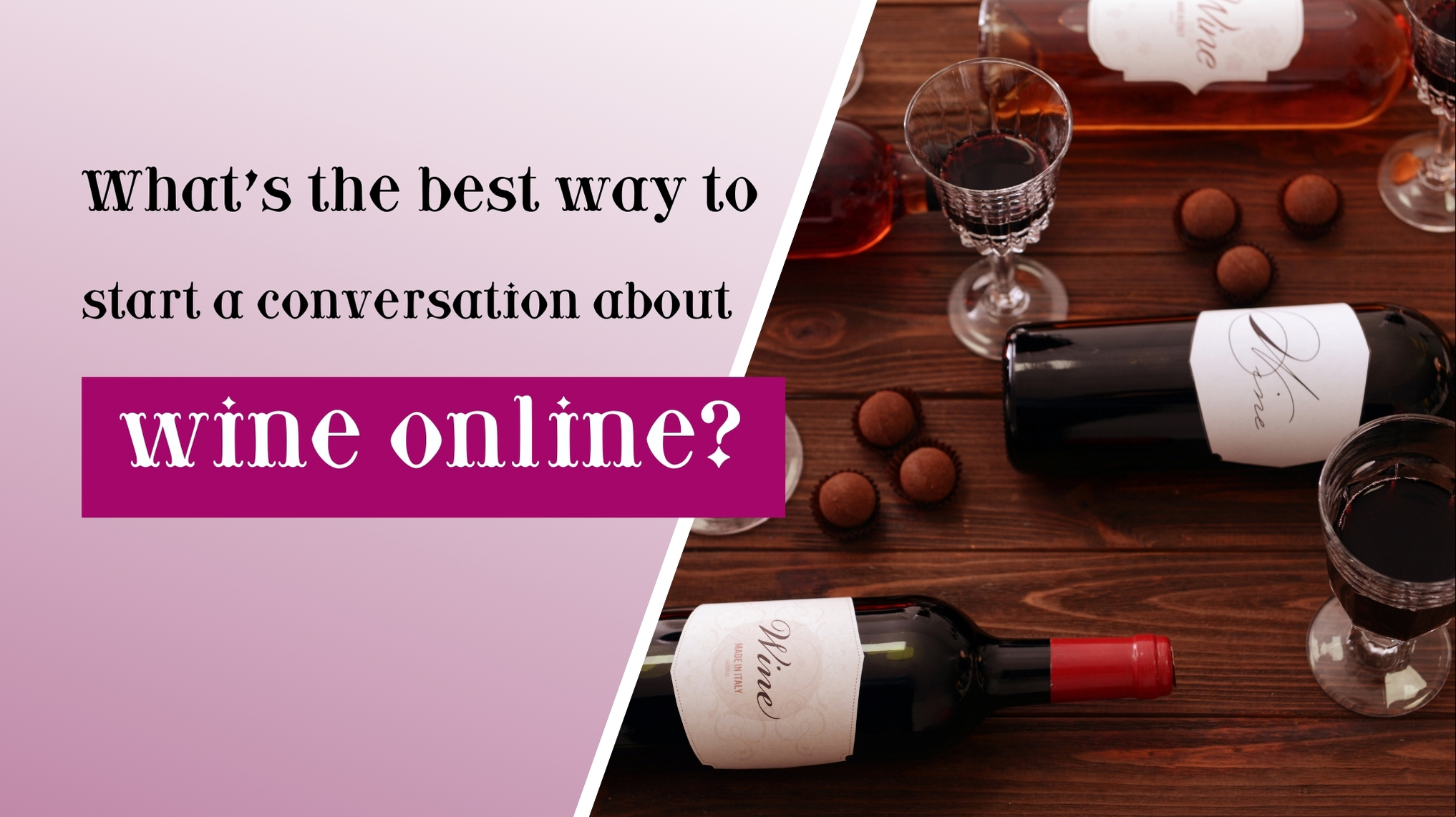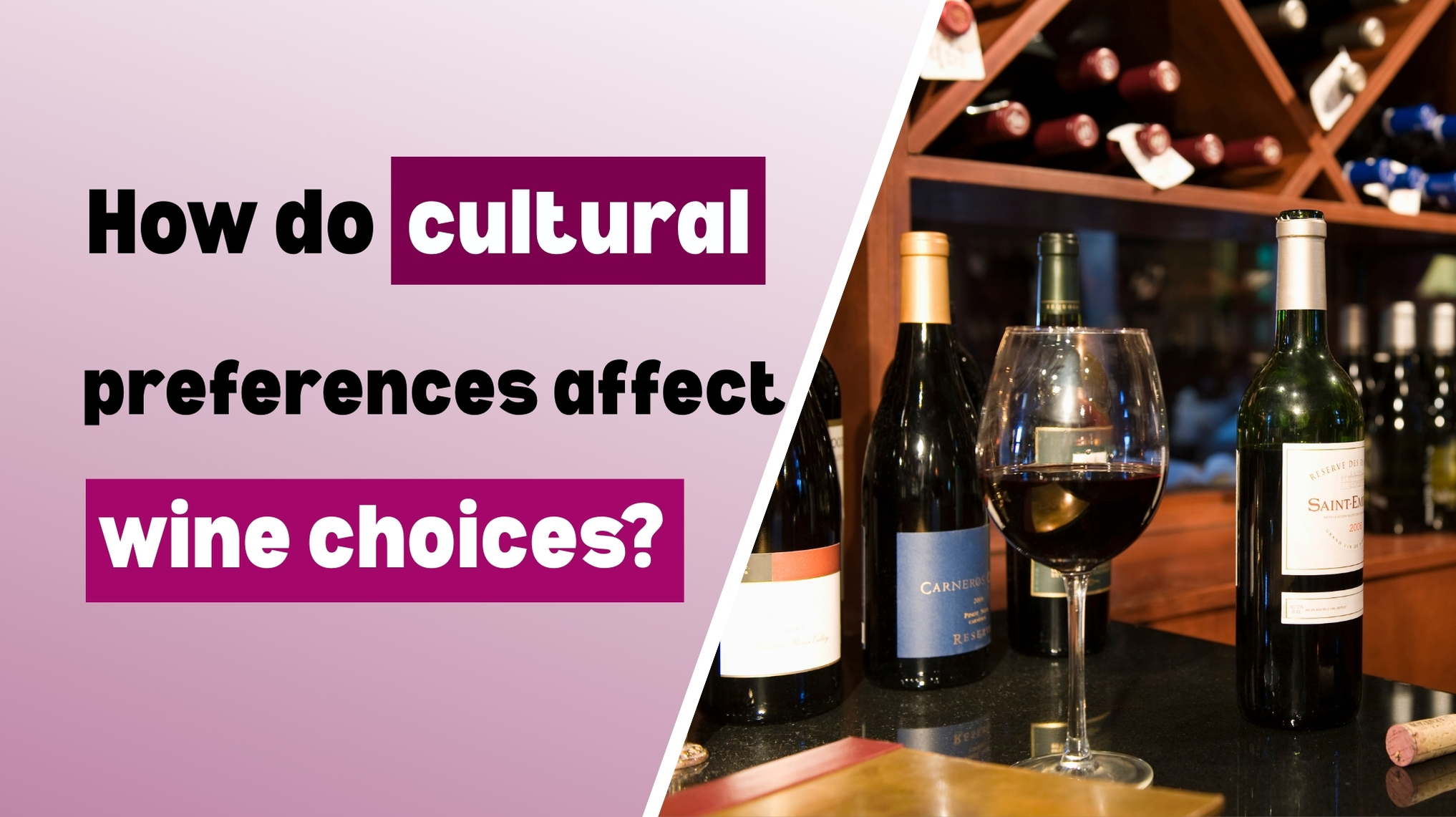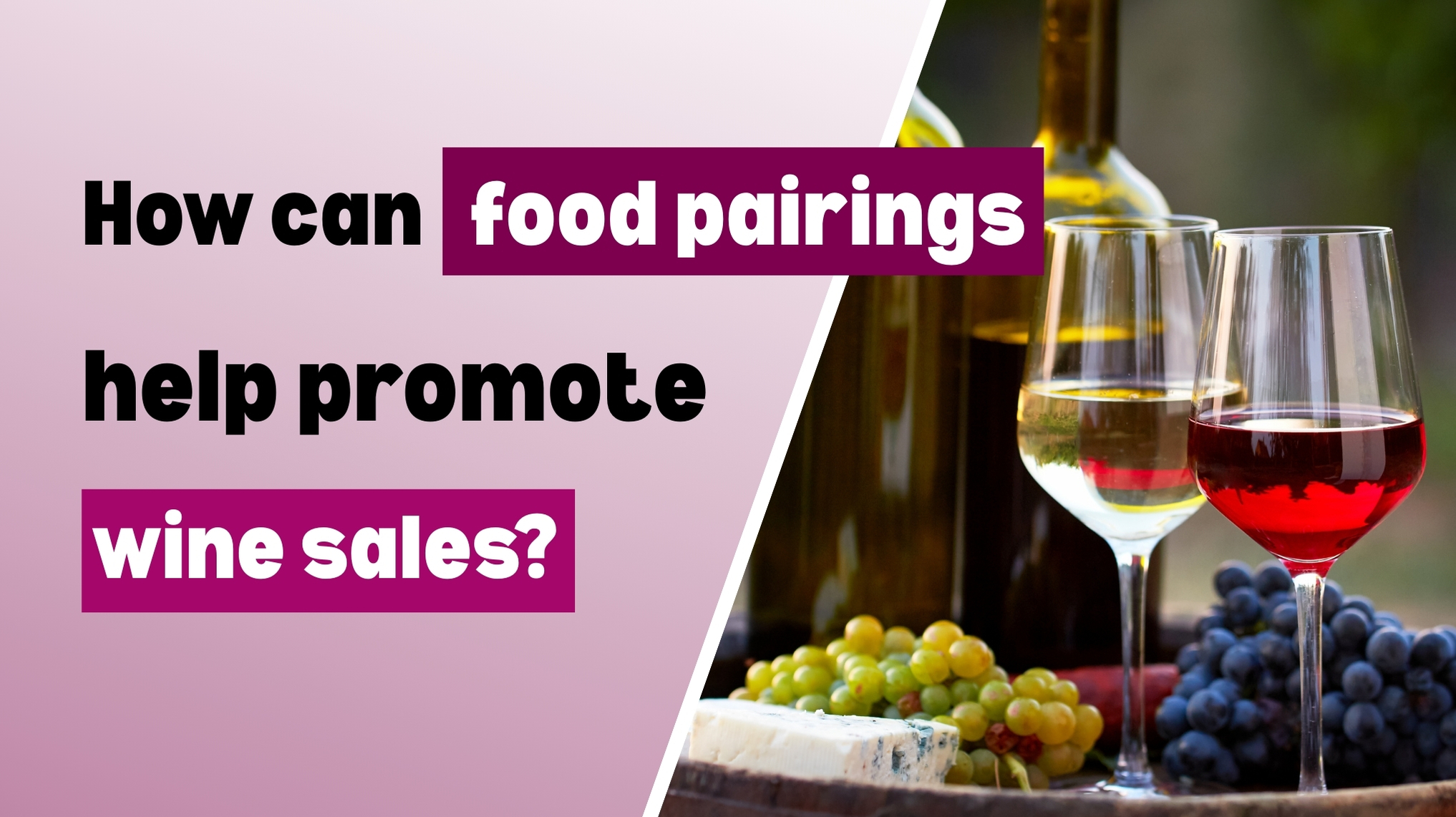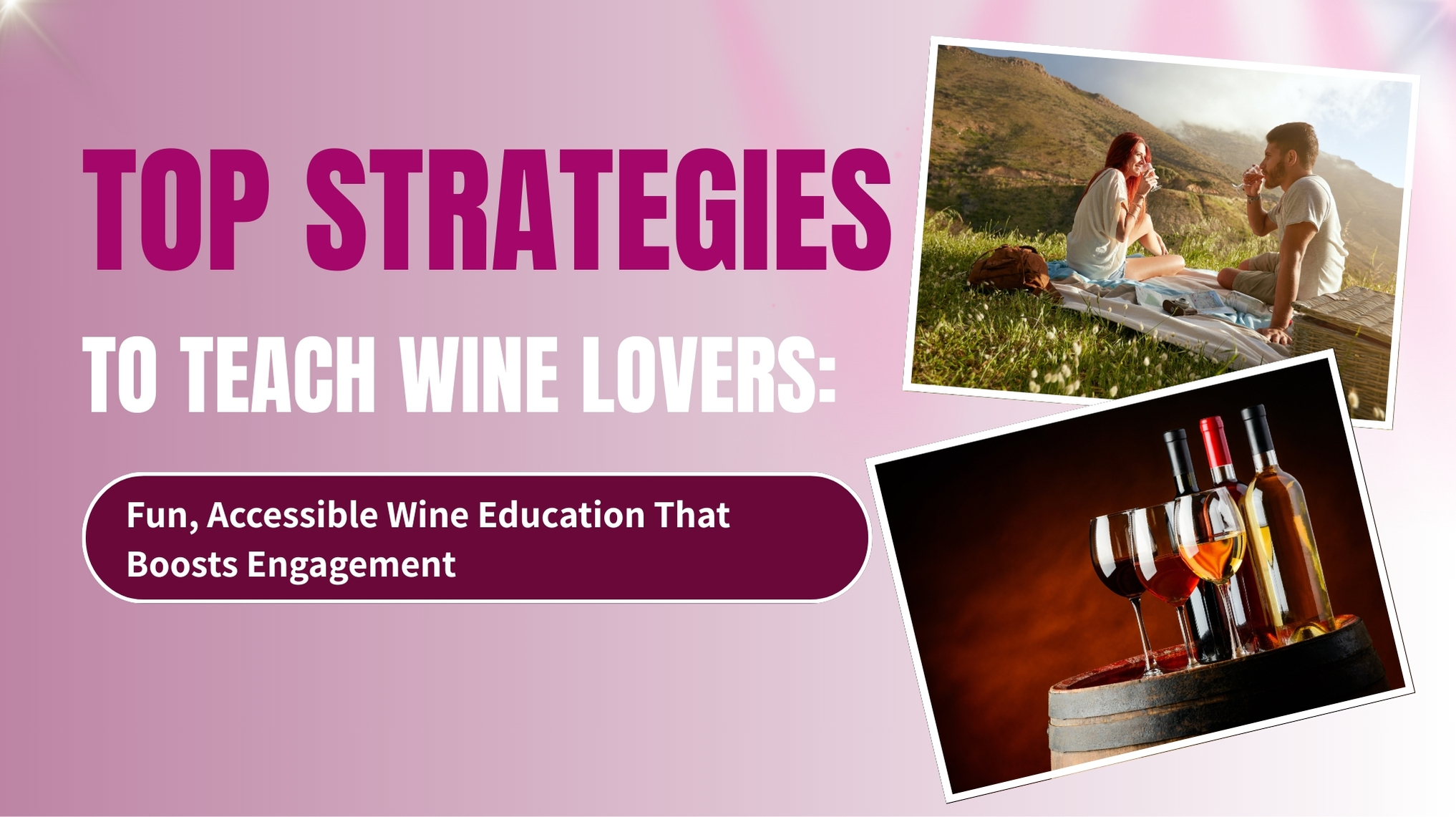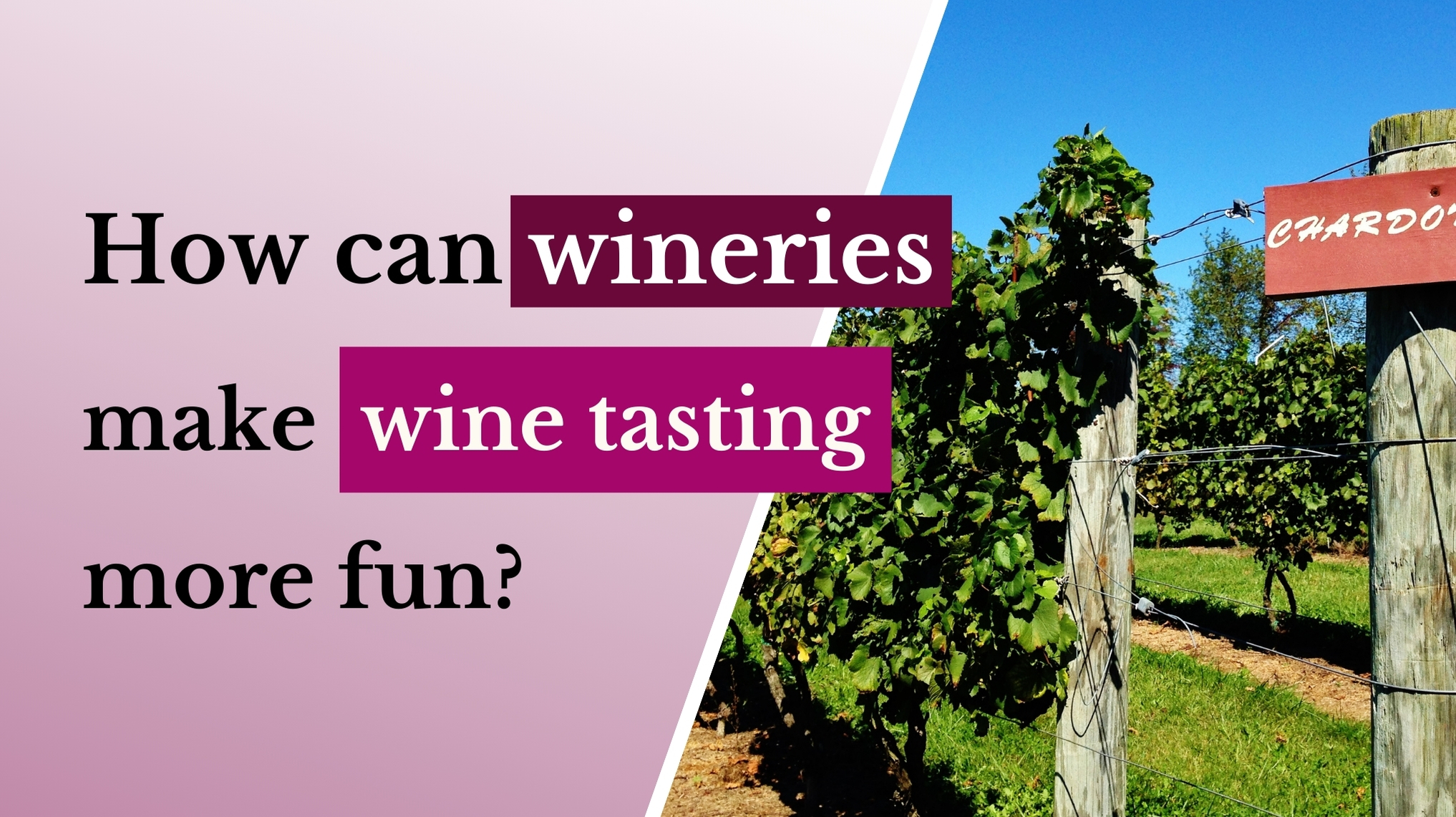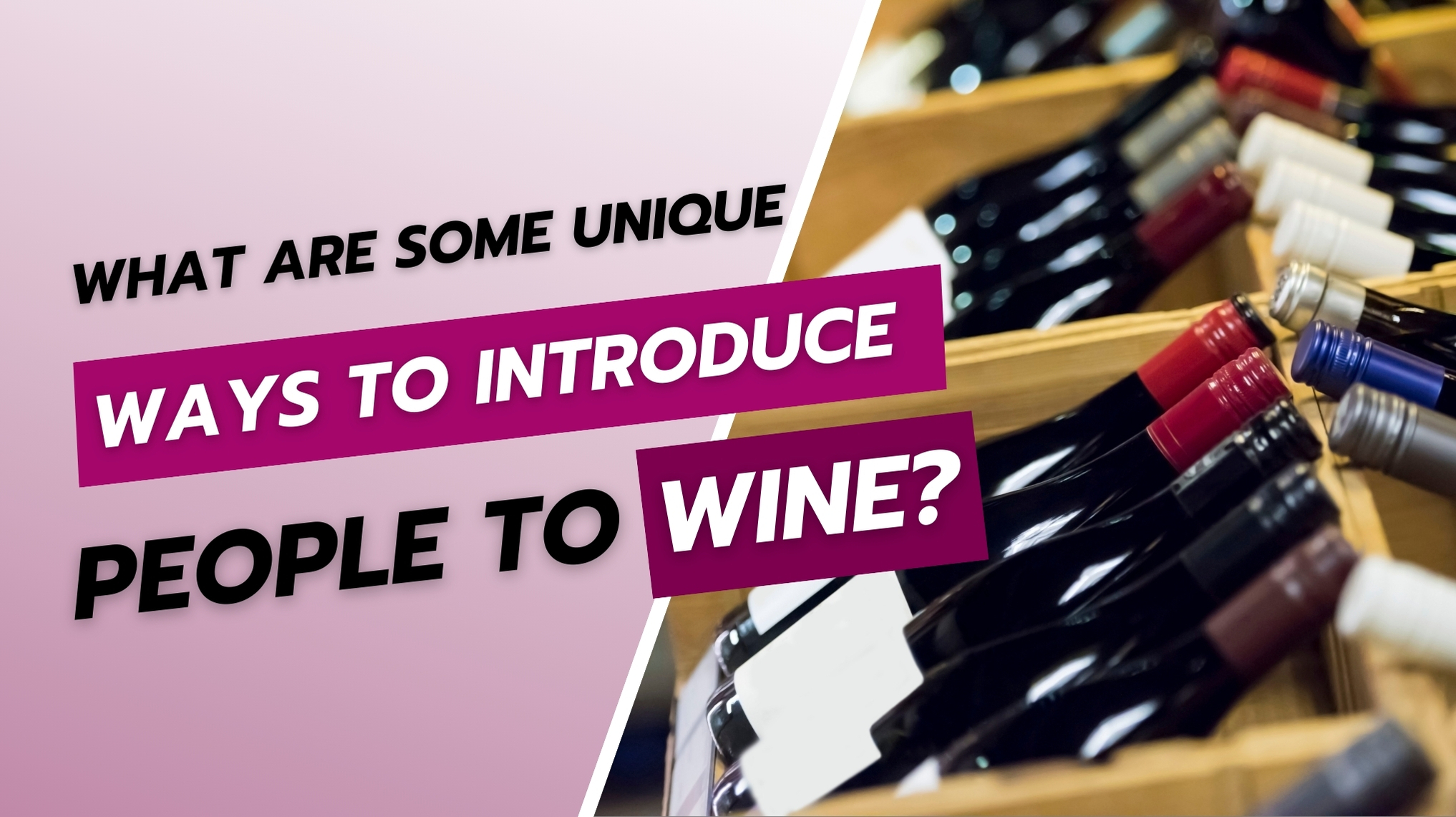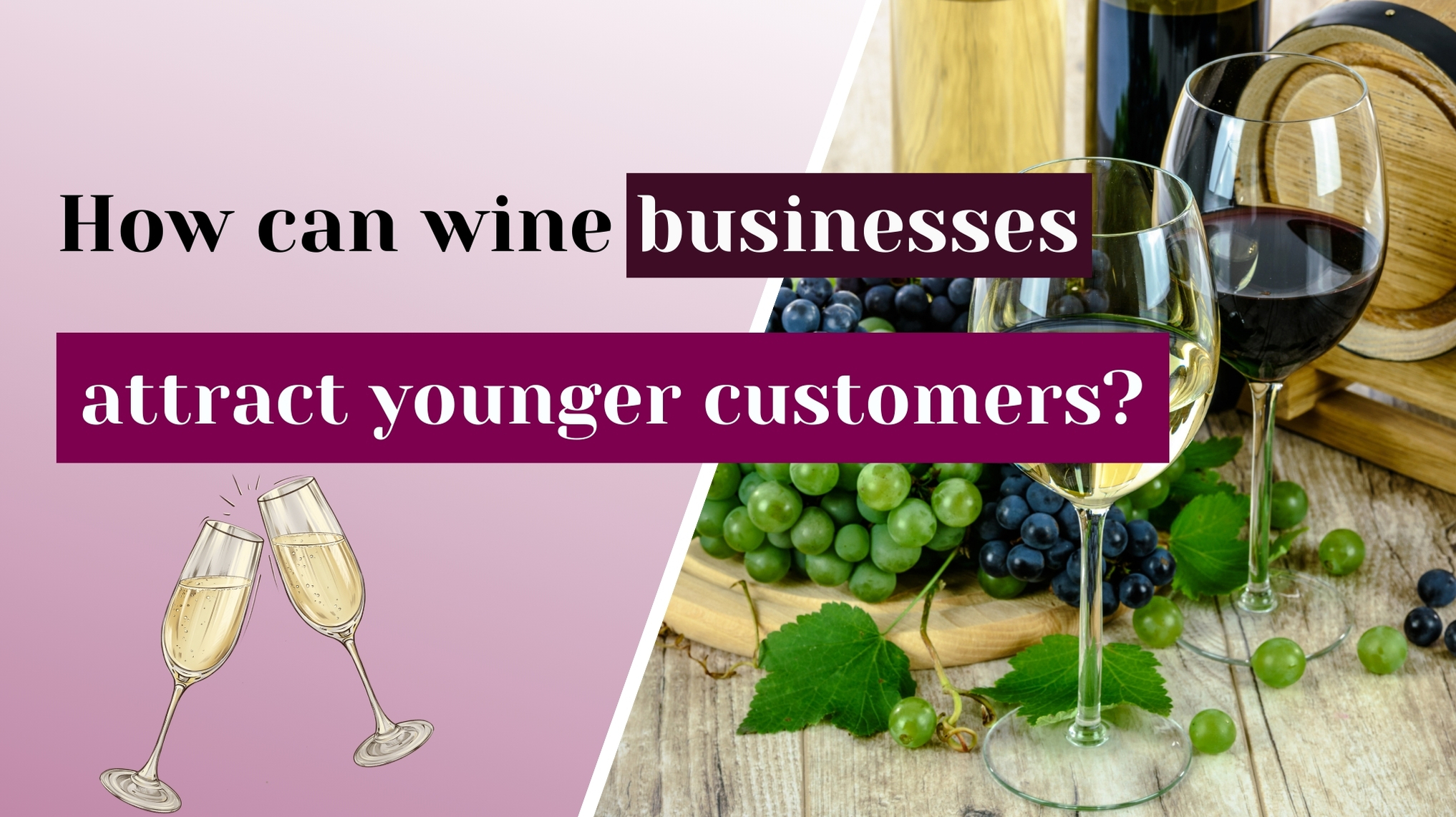How to Build Trust in the Wine Industry?
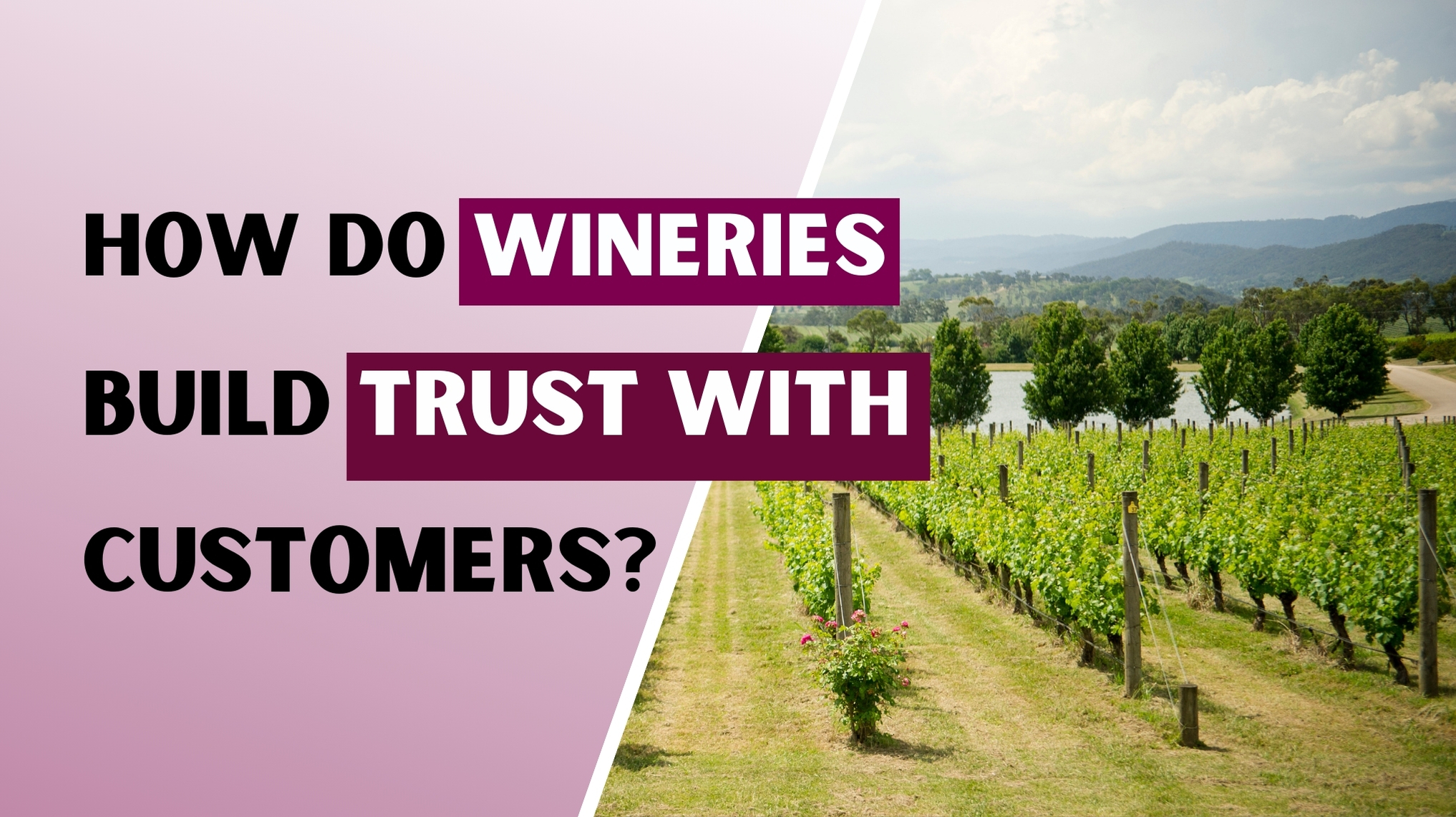
How to Build Trust in the Wine Industry: Proven Strategies for 2025
Meta Description: Discover expert strategies to build trust in the wine industry through transparency, digital engagement, storytelling, and quality assurance. Boost customer loyalty and elevate your winery’s brand.
The Importance of Trust in the Wine Industry
In today’s competitive wine market, building trust with customers is no longer optional—it’s essential. Consumers are more informed and value-conscious than ever before. They expect honesty, sustainability, and authenticity from the brands they support. For wineries, trust is the foundation for commanding premium prices, gaining customer loyalty, and standing out in a saturated marketplace.
When customers believe in a brand’s values and practices, they become repeat buyers, brand advocates, and even evangelists. This loyalty doesn't just boost revenue—it strengthens a winery's long-term success.
Transparency in Sourcing and Production
Ingredient and Nutritional Labeling
Displaying detailed ingredient and nutritional information on wine labels demystifies the contents of each bottle. Forward-thinking wineries are beginning to share details such as organic grape usage, native yeast fermentation, and minimal sulfite levels. This move caters to health-conscious consumers and showcases integrity in winemaking.
Behind-the-Scenes Access
Giving customers a virtual peek behind the curtain adds a human touch to the brand. Sharing authentic video tours, live harvest sessions, and barrel aging stories through social media makes the winemaking process feel personal and relatable. These insights help create a sense of transparency and connection.
Authentic Storytelling
Winemaker Narratives and Heritage
People buy wine, but they also buy stories. Sharing the personal journey of the winemaker or the vineyard’s multi-generational legacy adds emotional depth to your brand. Whether it’s the revival of a historic vineyard or a family’s passion project, storytelling helps connect with consumers on a deeper level.
Community and Place-Based Stories
Highlighting ties to the local community, collaborations with regional growers, or involvement in conservation efforts demonstrates genuine care. When a winery shows it’s invested in more than profit, it reinforces consumer trust and builds brand affinity.
Quality Assurance and Consistency
Certifications and Awards
Third-party endorsements, like organic or sustainability certifications and prestigious wine awards, serve as powerful signals of quality. Display these prominently on packaging, your website, and in tasting rooms to reassure buyers about the integrity of your products.
Consistent Brand Voice
Maintaining a cohesive look, feel, and tone across all touchpoints—from website to bottle label to social media—helps reinforce a winery’s reliability. When customers receive the same high-quality experience each time, it nurtures familiarity and trust.
Sustainability and Ethical Practices
Environmental, Social, and Governance (ESG) Reporting
Wineries that share their sustainability data, such as water usage, energy efficiency, and labor policies, invite transparency and accountability. Publishing ESG reports not only appeals to eco-minded customers but also positions the brand as a responsible industry leader.
Sustainable Viticulture and Winemaking
From adopting regenerative farming practices to reducing packaging waste and using renewable energy, environmentally friendly operations resonate strongly with today's consumers. When sustainability is embedded in every step—not just a marketing gimmick—customers take notice.
Digital Engagement and Direct‑to‑Consumer Channels
Interactive Virtual Tastings
Online wine tastings bring the cellar experience to customers' homes. Winemakers can interact directly, answer questions, and share stories, creating a personal bond. Hybrid events also allow for greater accessibility and global participation.
Next‑Gen Loyalty Programs
Modern wine clubs with tiered benefits, exclusive small-lot access, and personalized wine recommendations create value beyond the bottle. These loyalty programs enhance customer retention and drive recurring revenue.
Leveraging Social Proof and Reviews
Online Reviews and Ratings
Today’s buyers trust peer reviews as much as expert opinions. Encourage satisfied customers to leave positive feedback on wine apps and your website. High ratings not only influence potential buyers but also boost your brand’s online credibility.
User‑Generated Content (UGC)
Sharing customer photos, tasting stories, and pairing ideas on your digital channels fosters authenticity. UGC acts as relatable social proof and increases engagement across your platforms.
Community Building and Personalization
Local Events and Wine Clubs
Organizing on-site events such as harvest festivals, vineyard tours, and tasting dinners helps create meaningful connections. These face-to-face interactions build community and brand loyalty.
Tailored Communications
Use customer data to send curated recommendations, birthday offers, or early access invites. Personal touches make customers feel recognized and appreciated, increasing brand engagement.
SEO Best Practices for Wine Brands
To grow visibility and reach more potential buyers, wine brands should implement strong SEO strategies:
Keyword Optimization: Focus on phrases like “transparent winemaking,” “eco-friendly vineyards,” or “online wine tastings” for high-intent search traffic.
Mobile‑First Design: Ensure your website loads quickly, is easy to navigate, and adapts to mobile devices.
Structured Content: Use proper headings (H2/H3), bullet points, and concise meta descriptions to improve readability and ranking.
Rich Media Integration: Add video tours, customer testimonials, and infographics to keep users engaged and boost time on page.
Frequently Asked Questions (FAQs)
Q1: Why is transparency important in the wine industry?
Transparency builds trust by showing consumers exactly what they’re drinking and how it’s made. It reduces skepticism and reinforces brand credibility.
Q2: How can storytelling help wineries build trust?
Authentic stories about winemaking heritage, local impact, and sustainability connect emotionally with consumers, making the brand more memorable and trustworthy.
Q3: What digital tools can wineries use to enhance customer trust?
Virtual tastings, personalized email campaigns, and online review platforms all help wineries engage with customers and build lasting relationships.
Q4: Are wine certifications really important to buyers?
Yes, certifications like organic or biodynamic offer third-party proof of quality and ethics, which many consumers prioritize in their purchasing decisions.
Q5: What is the role of user-generated content in wine marketing?
UGC adds authenticity and relatability, making marketing messages more trustworthy and increasing brand engagement.
Q6: How can a winery create an effective loyalty program?
Offer tiered rewards, early access to limited editions, and personalized perks to make customers feel valued and keep them coming back.
